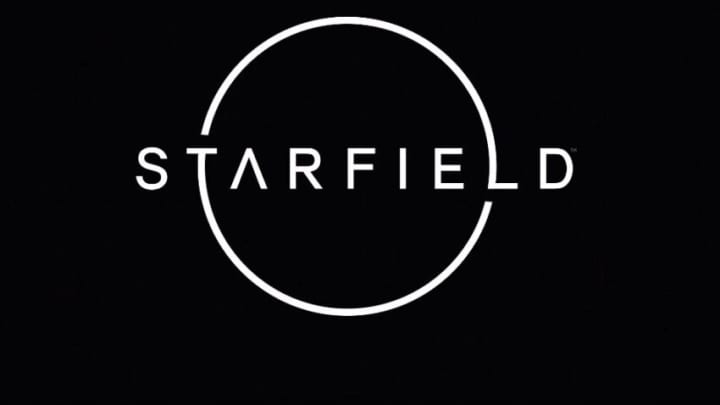The controversial “Starfield Upscaler” mod for Bethesda’s open-world RPG has raised questions about paywalls and piracy in the modding community. The mod, created by NexusMods creator PureDark, initially offered DLSS 3 support behind a $5 Patreon paywall, sparking backlash.
Starfield’s release lacked support for Nvidia’s DLSS upscaling technology, which allows for better framerate performance on PC without significant image quality loss. In response, players turned to the “Starfield Upscaler” mod for the feature.
PureDark released a free version supporting DLSS 2 but reserved DLSS 3 support for Patreon subscribers. This move led to pirates attempting to crack the mod itself, mirroring their usual efforts with DRM protection for games like Starfield.
PureDark defended the practice, stating that he had been providing this service for over 10 months before Starfield’s release. He has created DLSS support mods for various games, offering a library of mods worth subscribing to, akin to a Game Pass. He questioned whether $5 was too much for such a service.
The situation raises questions about the modding community’s ethos of “free work, free mods.” Many believe that monetizing mods goes against the spirit of the community, and past attempts by companies like Bethesda to monetize mods have faced backlash. Some modders, like LukeFZ, responded to PureDark’s paywall by creating free alternatives.
PureDark also issued a warning to those attempting to obtain his DLSS 3 mod for Starfield for free. He stated that he would implement “hidden mines” in his mods to make it challenging for those using cracked versions. These cracked mods may work unpredictably, leading users to question whether issues are bugs or the result of cracked versions, and they will not receive the support provided to subscribers.
The controversy surrounding the “Starfield Upscaler” mod highlights the ongoing debate over mod monetization and its impact on the modding community.
While the “Starfield Upscaler” mod controversy has shed light on the complex issue of mod monetization, it also raises important questions about the relationship between modders, gamers, and developers.
On one hand, modding has been a cherished aspect of gaming for years, with many developers embracing modding communities and offering tools and support for players to create their own content. This collaborative spirit has given rise to some of gaming’s most beloved experiences, from fan-made patches to total conversions.
However, the issue of monetization has always been a contentious one. Some argue that modders should be compensated for their hard work, especially if they invest significant time and effort in creating high-quality content. Supporters of paid mods contend that it can incentivize modders to produce more ambitious and polished projects, ultimately benefiting the gaming community.
On the flip side, there’s a strong belief in the principle of “free work, free mods.” Many modders are motivated by a passion for gaming and a desire to enhance the player experience, rather than financial gain. They see modding as a creative outlet and a way to give back to the gaming community. Monetizing mods, some argue, risks commodifying what has traditionally been a labor of love.
In the case of the “Starfield Upscaler” mod, the controversy may push the modding community and game developers to have a broader conversation about compensation, access, and ethics in the modding world. Balancing the needs and desires of modders, gamers, and developers will continue to be a complex issue as the gaming industry evolves.
Ultimately, the fate of mod monetization will depend on how the gaming community navigates these challenges and whether a consensus can be reached that respects the contributions of modders while preserving the spirit of creativity and collaboration that defines modding culture.
As this controversy unfolds, it also highlights the importance of communication between modders and gamers. In the age of digital distribution and content creation, the lines between creators, consumers, and the industry itself have blurred. This has led to discussions about ownership, access, and ethics in the gaming ecosystem.
Modders like PureDark argue that their work represents a valuable service, akin to a subscription model or a premium offering. They believe that charging a small fee for access to their mods is a reasonable way to sustain their efforts and continue providing support to their subscribers.
However, the response from some gamers has been rooted in the tradition of free modding, where the exchange of content and ideas is built on a sense of community and shared passion for the game. This clash of perspectives raises questions about the evolving dynamics of the gaming landscape.
In the end, the fate of mod monetization is likely to be shaped by ongoing debates within the gaming community, potential actions from developers and platforms like Bethesda, and perhaps even regulatory considerations. It’s a complex issue with no easy answers, and finding a balance between respecting the work of modders and preserving the collaborative ethos of modding culture will be an ongoing challenge. As the gaming industry continues to evolve, these discussions will remain at the forefront of the conversation.
